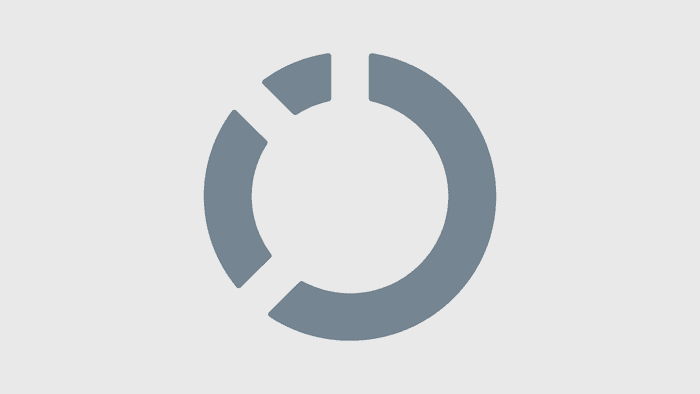While many consumers remain skeptical of personal health records, advocates say these tools can help patients manage medical data and interact with doctors. Here's a look at nine popular PHR offerings.


When 62-year old Mike Cooper, a former CEO, suffered a stroke, he turned to an online personal health record (PHR) tool to communicate with his doctors, schedule appointments, view lab and test results, and renew prescriptions from the comfort of his own home. "I have good information on which to base my decisions. The login procedure has a sign-in name and a password, and that really makes me makes me feel safe," said Cooper, a patient of Sutter Health-affiliated Palo Alto Medical Foundation (PAMF) in Mountain View, CA.
For Nancy Andre, a busy mother of three young children, PAMF's My Health Online PHR helps take the stress out of managing her children's healthcare requirements. An online questionnaire, for example, is easier to respond to from home than a paper-based questionnaire in the doctor's waiting room.
Albert Chan, MD, chief medical information officer at Palo Alto Medical Foundation Medical Group, based in Mountain View, CA, told InformationWeek Healthcare that 72% of PAMF's adult patients use the My Health Online PHR service. Co-developed with Epic Systems Corporation, MyHealth Online is a customized version of Epic's MyChart PHR application. Chan said that in addition to accessing data from a home computer, information is now available to patients via the iPhone or Android platforms. "This service to me is a way to really personalize the care experience for the patient," Chan said. Cooper and Andre are among a growing number of consumers who are turning to PHRs as a way to keep track of their medical data, communicate with doctors, check for drug interactions, and schedule appointments.
Currently consumers have several options when it comes to choosing a PHR. Microsoft's HealthVault is an example of a free PHR that is managed exclusively by the patient.
Payer- or insurance-based PHRs let patients see claims data that are already in their database. There are two variants of this model: some are hosted by the payer--most of the major health insurance companies have some kind of PHR that they include as part of their service--and some are provided by the employer.
The third class of PHRs are portals that are tied or tethered to a specific setting of care--for example, an electronic health record (EHR) add-on to a physician's office.
Lastly, the enterprise, or health system, PHR is one in which the patient, regardless of where they are seen in the system, has access to his records anywhere in the integrated delivery network.
Not everyone is sold on the merits of PHRs. Security and privacy issues stop some patients from jumping on the PHR bandwagon. Although vendors point out that federal and state laws are in place to protect patient privacy, many consumers are also concerned about what happens to their health care information. For instance, it's not uncommon for insurance companies to sell patient information to pharmaceutical companies.
Dr. Michael Salesin, MD, an OB/GYN with Walnut Lake OB/GYN in West Bloomfield, MI, said that while PHRs have advantages for patients--including speed, privacy, accuracy, and reliability--they also have negatives, such as the need for an Internet connection and sometimes a lack of patient interest and motivation to use the system.
Nevertheless, some industry insiders assert that the use of PHRs is on the rise. Julie Dooling, director of professional practice resources at the American Health Information Management Association (AHIMA), says that there is a push underway to provide patients with the ability to view online as well as download and transmit their health information. "PHRs are becoming a very familiar component to the patient portal and to the electronic health record in a lot of organizations," Dooling said.
Healthcare reform is another driver of PHRs, according to Mary Griskewicz, senior director, healthcare information systems at the Health Care Information and Management Systems Society (HIMSS). Griskewicz told InformationWeek Healthcare that more responsibility is being placed upon the patient and the primary care physician to make sure that patients are adhering to the appropriate protocols and schedules for their wellness care. With more and more patients using mobile devices, access to PHRs online is becoming more popular, Grisewicz said.
But which patients are actually using PHRs? Arien Malec, vice president of data platform solutions for RelayHealth, a subsidiary of McKesson Corp., told InformationWeek Healthcare that the uses of and demand for a provider-connected PHR extend to anyone who interacts with his or her provider. "The value of a PHR, however, rises the more interactions the patient has with the health system. For instance, we see a lot of enthusiasm and use by parents, as well as patients with chronic diseases," Malec said.
While many consumers remain skeptical, it appears that adoption of PHRs is on the rise, particularly for patients who want to assume more responsibility and control of their healthcare. Here's a look at products by nine popular PHR vendors.
About the Author(s)
You May Also Like







